McLean, Virginia 1970
Riding my motorcycle, full leathers, beard, University drop out, involved in counter-culture themes and searching. After a year at Old Dominion University in Norfolk, I wasn’t ready to continue studying and initiate a career. I was a school drop-out, working on a construction site where my friends were carpenters, plumbers, CAT operators and the site boss. With this backdrop, I met an acquaintance in town, and in conformity to his character, I received an ear-full about the revelation of Bahá’u’lláh. Nothing stuck. But, before leaving he said: “I’ll call you and invite you to a meeting.” And he did. That was Geoff Houghland.


The following years Geoff not only guided me to the Huddlestons, and the Faith, but he also was instrumental in my transfer to Virginia Tech to study agronomy for Baha’i pioneering. He found me a job in Tonga, where he was headed, but instead, Va Tech gave me a better offer in Haiti. In 1975 I pioneered to Haiti.
What is “counter-culture?” I think most people who did not participate directly in the period associate it with hippies and marijuana and spaced-out “freaks”. Counterculture refers to an anti-establishment cultural phenomenon that developed in the US and the UK and then spread throughout much of the Western world between the early 1960s and the mid-1970s. Precisely my high school and University years. The counter culture gained momentum with the Civil Rights Movement and became revolutionary. Women’s rights, fighting against segregation and racism, nonviolent methods of protest, meditation, anti-materialism…. issues that impacted me and inspired me.
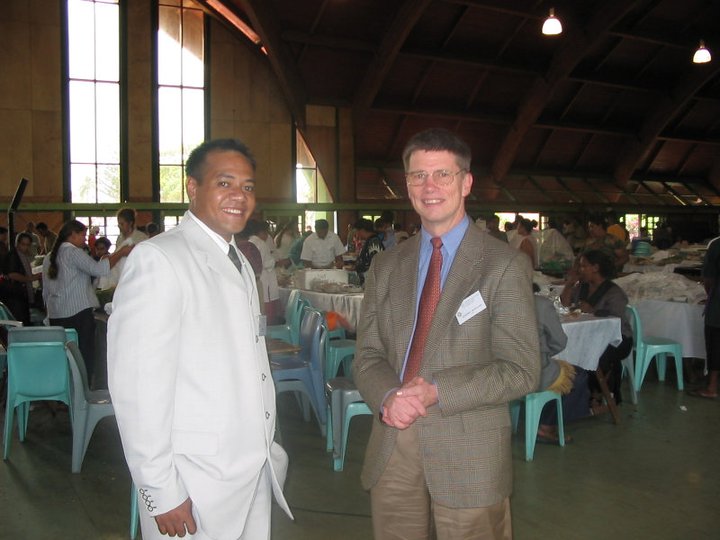
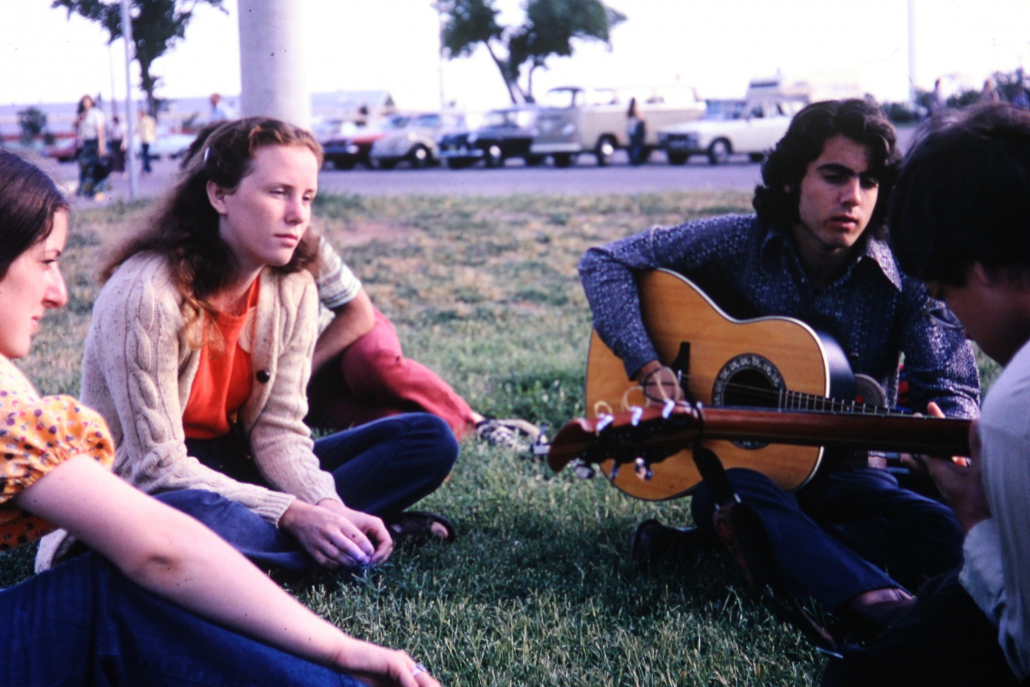
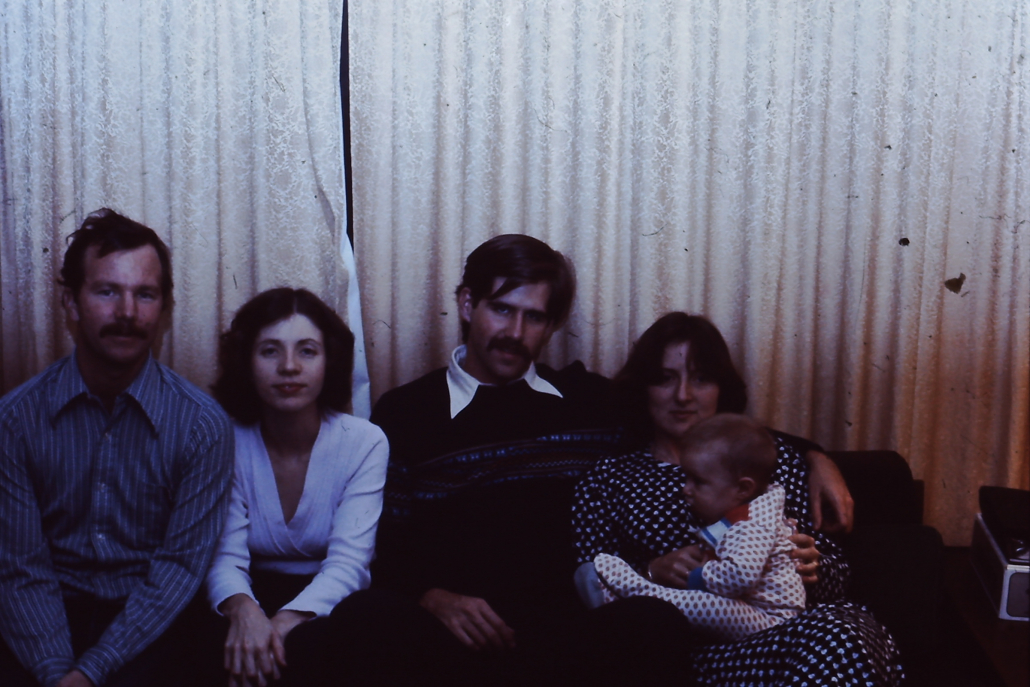
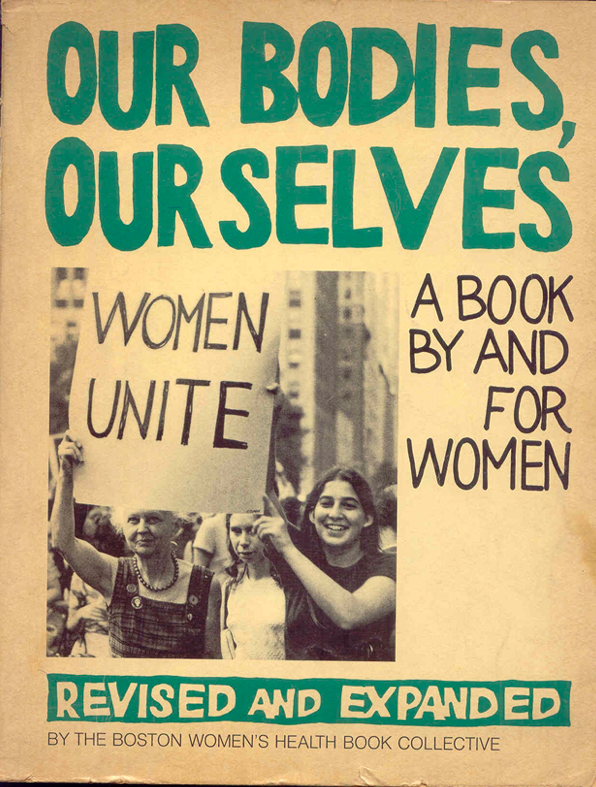
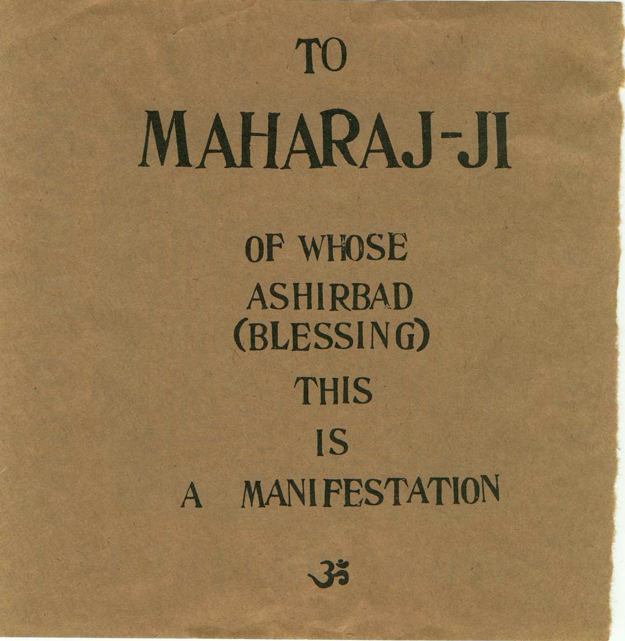
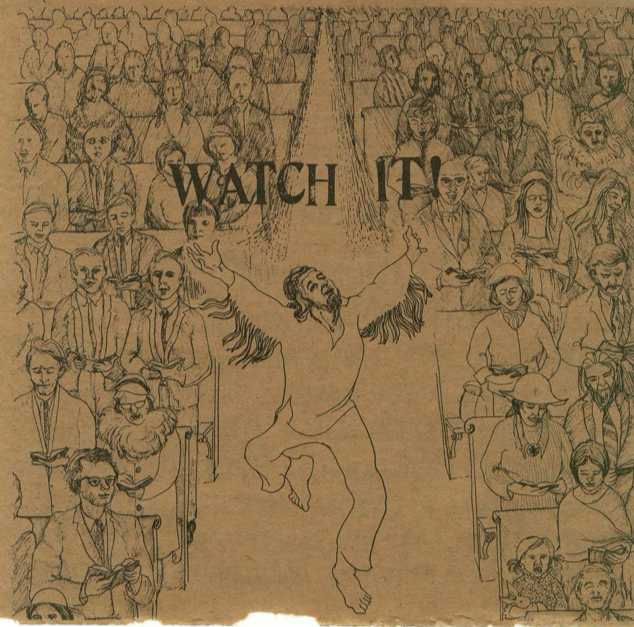
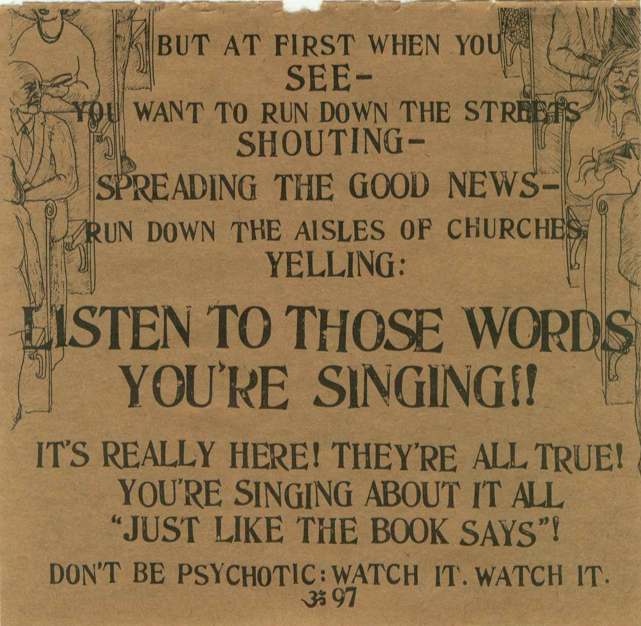

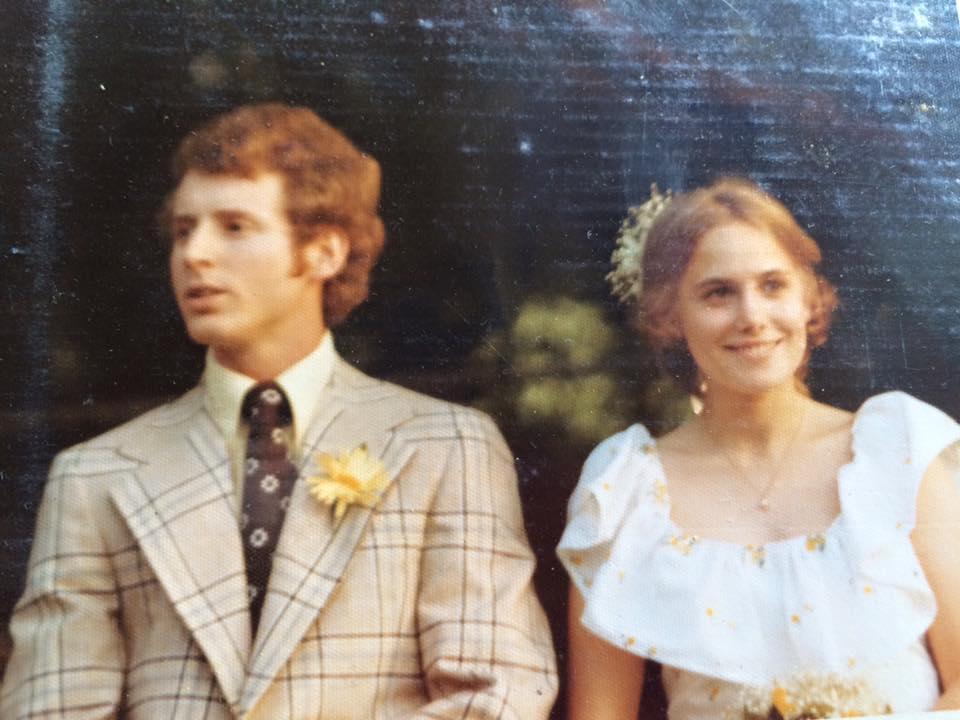
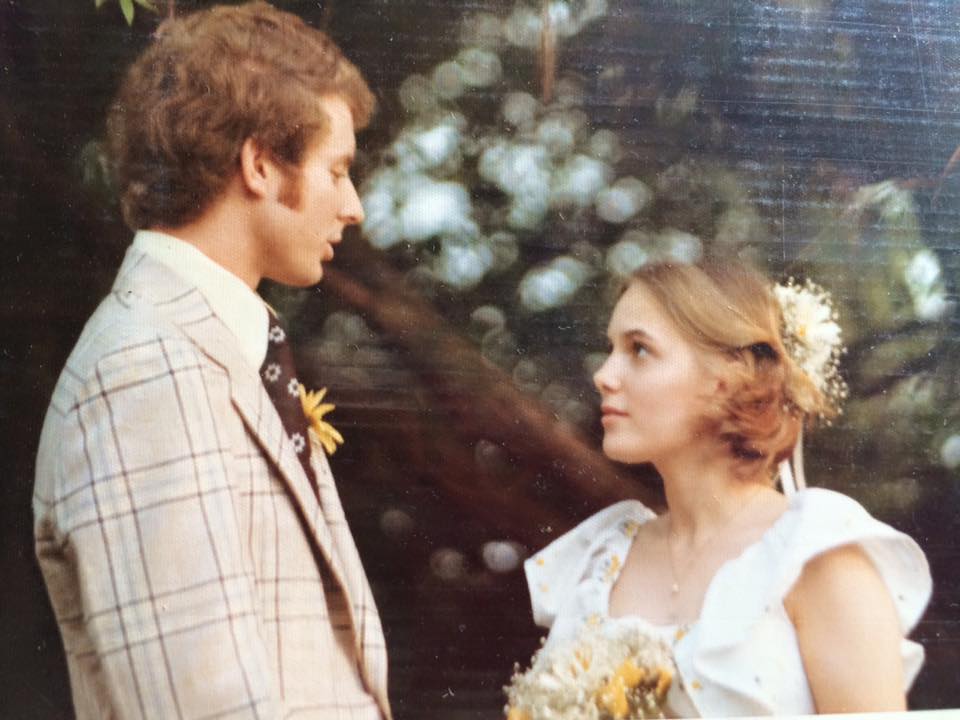
This experience in the counter-culture plays a big role in my life. Before I was 20, I was involved in anti-war activities, lived in a commune that helped Chicanos and the destitute, associated with the Black Power movement, and rejected materialism. I have always selected minimalism as a lifestyle. I was involved with the social changes regarding human sexuality, women’s rights, traditional modes of authority, experimentation with psychoactive drugs, and a rejection of the “American Dream” as a fiction. Along with like-minded friends and acquaintances, I was fully integrated into a subculture that celebrated experimentation, transcendental meditation, Buddhist theology, native America spiritual thinking, and I sought an alternative lifestyle. I first heard of the Beatles in my early teens, sitting in an apple tree in Illinois, with a friend chomping on his family’s apples.
My brother Scott is smiling here. I’m pretty sure he is smiling because sitting around the table with the “motorcycle guys” is not the usual experience in the home of our mother. We were probably talking about the motorcycle trip that was being planned. I had already become Bahá’í, and these guys were a little uncomfortable with the fact (i.e., they were thinking that Gary has become some kind of a religious fanatic). We did start the cross-country motorcycle trip together, but we broke up after a couple of weeks in Florida. My life radically changed in this period, and my friends silently drifted away.
October 20, 1970. It is the anniversary of the Birth of the Bab. Geoff called me and invited me to this meeting. It was held at the home of Dr. Belcher and Baha’is from all over Northern Virginia were invited. In 1970 there were relatively few Bahá’ís in the area, quite different from 2020. Believers from McLean would participate in meetings in Falls Church and Alexandria, and occasionally Fairfax. Dr. Belcher and his wife built a home with Baha’i events in mind, with a sunken living room, surrounded by couches, and where it would be easy to offer tea and snacks to groups of people.
John and Rouhi Huddleston provided us with transportation to the meeting. On the back of their car, were the words “The Earth is One County, and mankind its citizens.” John, a number of years later, published a book with the same quotation. In my home today (2016) my living room was designed with Baha’i events in mind, the main room ringed by couches and with a mini-bar for tea and snacks.
I knew nothing about the Baha’i Faith. Rouhi had been invited to speak to the group, and so she talked about the early history of the Faith, the teachings, and its purpose. John, although quiet, contributed a different kind of energy.
Rouhi said after the meeting that I was remarkable in the way I paid close attention to what she was saying. What I remember more was the Baha’is; there was something different about them, something that I had not seen before. It was the spirit in the room, the openness, the warmth, the genuineness….. I did not immediately say: “This is the Truth,” rather, I immediately thought: “I’d want to be like these Baha’is.” With regards to the talk about the history of the Faith and its principles, I felt it was true, rather than analytically saying that it is obviously the truth. Now, 40 years later, I can add numerous analytical layers of intellectual, fact-based, and logical arguments to anyone who is interested in investigating the truth of the Baha’i Faith, but at the time, intuition was enough. I have always depended primarily on intuition, confirmed by observation and facts. Although it took me a few more days to officially become Baha’i, I became a Baha’i in my heart that evening.
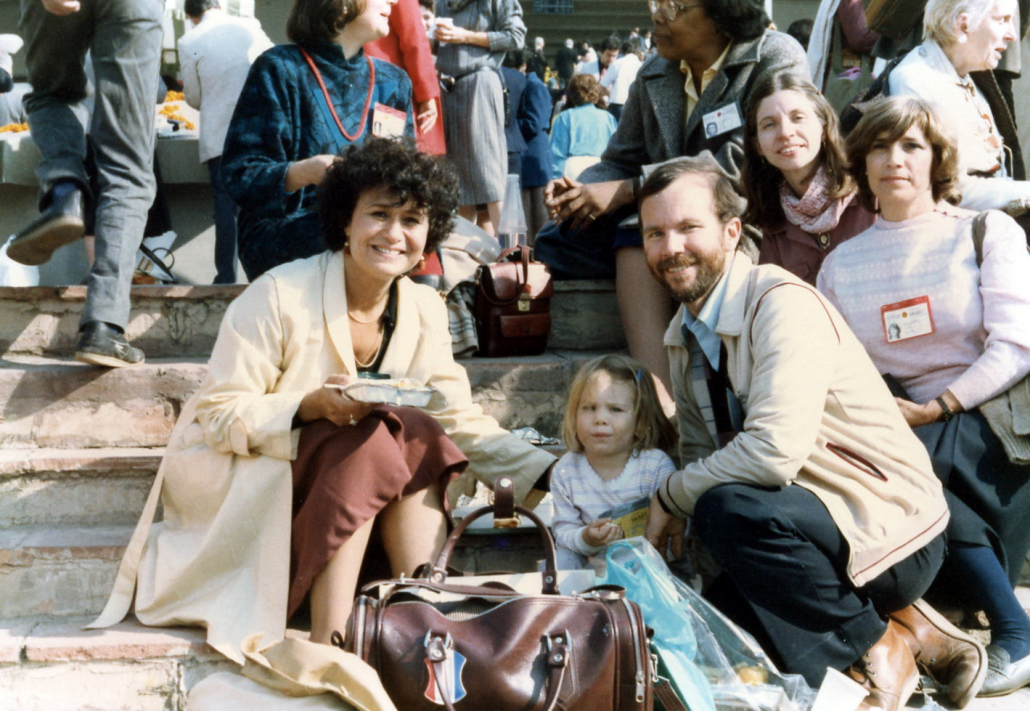

My mother’s reaction was telling. She first told everyone that it was another of my fads; that it would pass. Little by little, over time, she began to see that something changed in my life. When I got married, Rouhi and John filled a role that, perhaps to my mother, looked more like parents than adult friends in the Baha’i community. I saw my mother crying at the wedding, and I believed it was because she saw the impact of the Huddlestons, and the impact it had on my life. Actually, the impact was only just starting. Carolyn’s mother, on the other hand, watched quietly not showing much emotion. I came to understand this look as one of quiet disapproval and this disapproval foreshowed a divorce 20 years later. Fast forward to my brother Scott’s funeral. Here, my mother insisted that I take part in the Church and grave events as a Bahá’í. I read the Baha’i prayer for the dead at the Cemetery of the US Naval Academy. Scott was the only sibling that showed serious interest in the Faith.
To get a full understanding of John’s impact on my life, I will relate events and words when I retired from the World Bank group in 2015. Senior technical experts, with significant recognized positive experience, were selected by IFC management to share their thoughts about development to selected peers, mostly mid-level managers from around the world. I don’t really need to be recognized for my achievements, but I admit I was happy to get this recognition.
I started the training by telling about John Huddleston (Chief, Budget and Planning Division, IMF, Washington) who used to work a few blocks down the road in a sister organization (The International Monetary Fund and the World Bank were both created in Bretton Woods, New Hampshire, in July 1944). Forty years earlier he influenced and mentored my professional choice which, from that day until the present, can be represented by a straight line. There was not a day of deviation. And, God willing, will not be until my last breath. So I told the group, development work was my life, from beginning to end. And that I would be giving experiences from real life around the world. My real life.
The top picture is John Huddleston, a delegate to the convention from Virginia. I was a delegate from North Carolina that year (about 1984). The bottom picture is Myles Watts, from Watts and Associates and Montana State University. He worked with me my last decade at IFC, and we became friends.
I didn’t mention that by “development work” I included the concept of Baha’i pioneering. Baha’is have no clergy. We work for development, in the Baha’i community (i.e., pioneering) and outside the Baha’i community (i.e., social-economic development). There is no hard and fast line between the two. And Baha’i development goals are all-inclusive, for all religions, and those of no religion. This, in fact, is how my wife and I describe the virtues project we started and manage as an activity of social activism in Ukraine. It is expressly not religious training (which leads to many disagreements). It expressly teaches virtues, which are common to all religions and to those of no religion (and such an approach has lead to agreements).
John mentioned to Rouhi that he saw something special in me. The Huddlestons found something special in all of their spiritual children so I didn’t pay much attention to the comment. The last time I saw John was in DC in the early 90s. I was working at the World Bank office, and he was across the street in the IMF. He invited me to lunch with Augusto Claros-Lopez, also Baha’i, also IMF. The last time I saw Rouhi was at the dedication of the Indian Baha’i House of Worship in Delhi (around 1989). I’ve been looking for them, but no luck. I heard they had many difficulties with one of their children.
